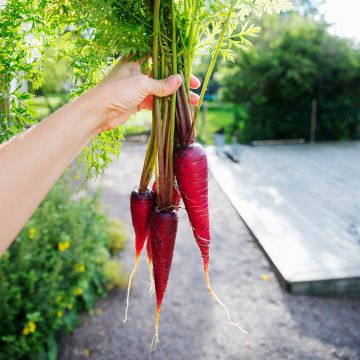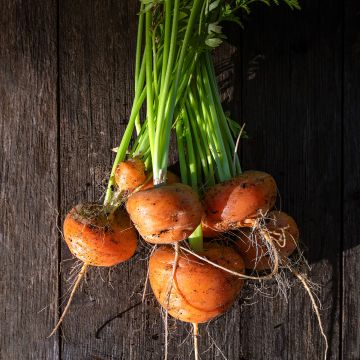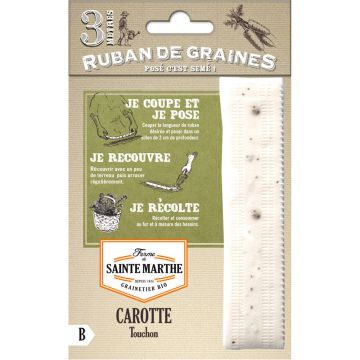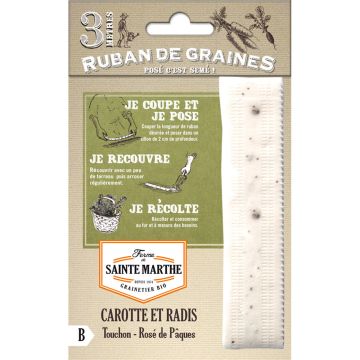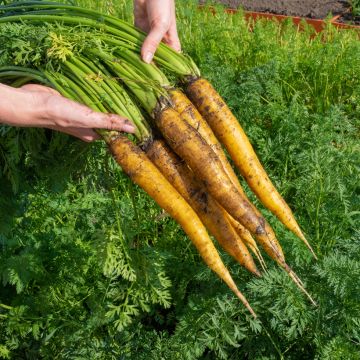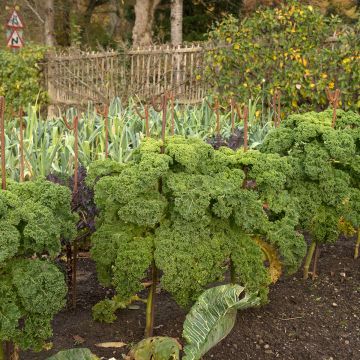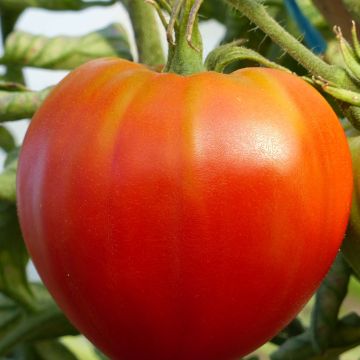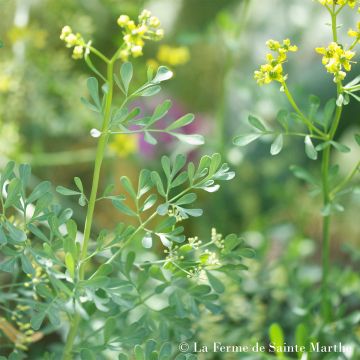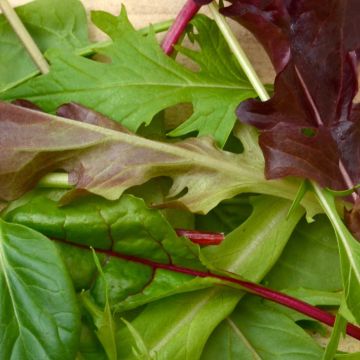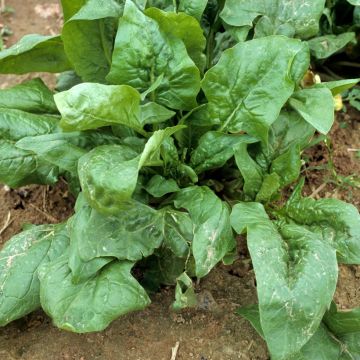

Wild carrot seeds - Daucus carota
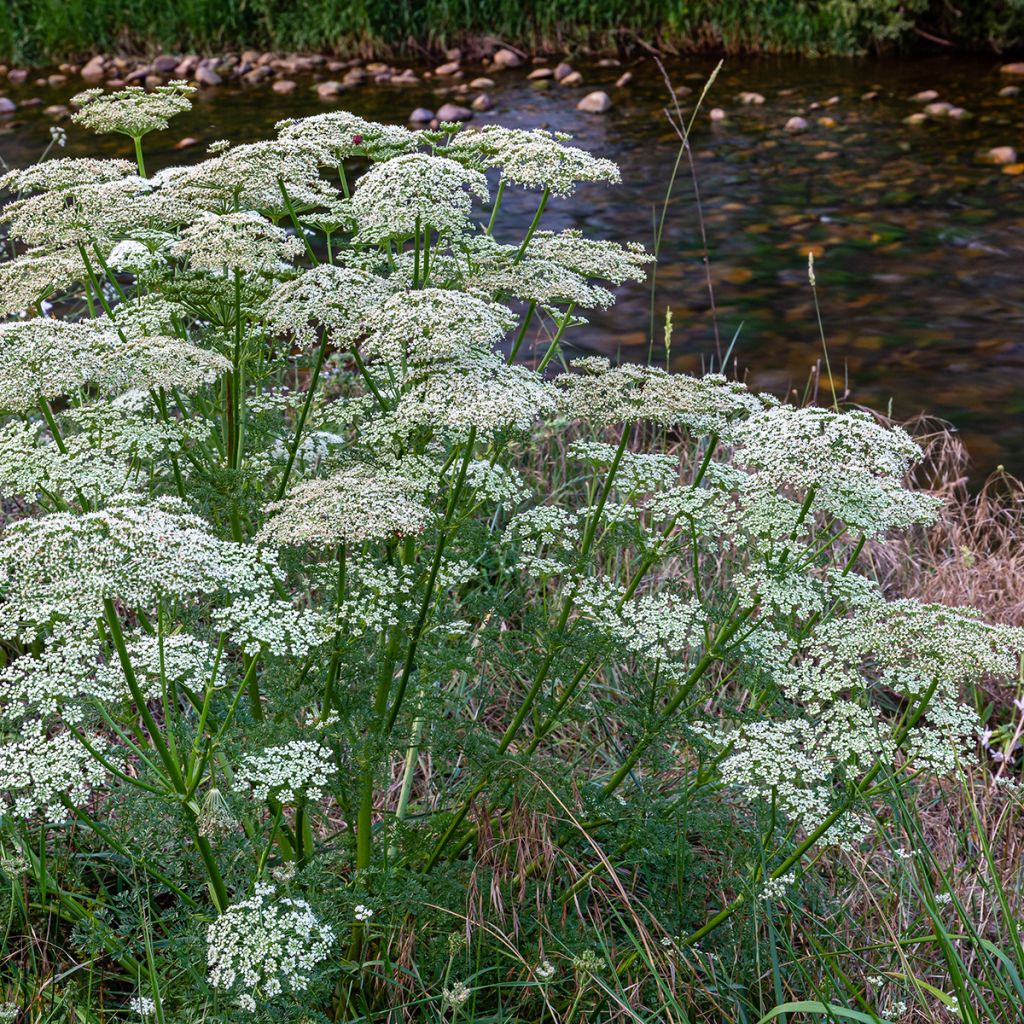

Wild carrot seeds - Daucus carota
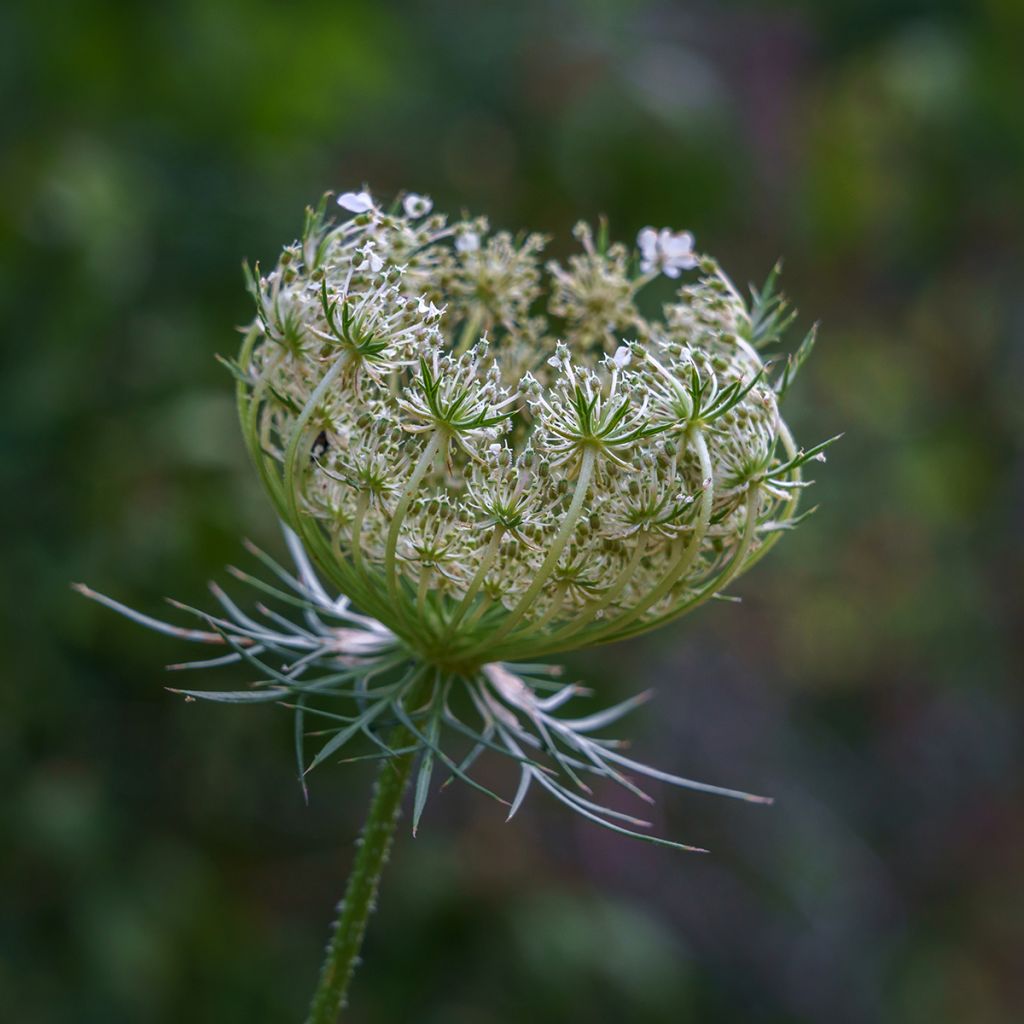

Wild carrot seeds - Daucus carota
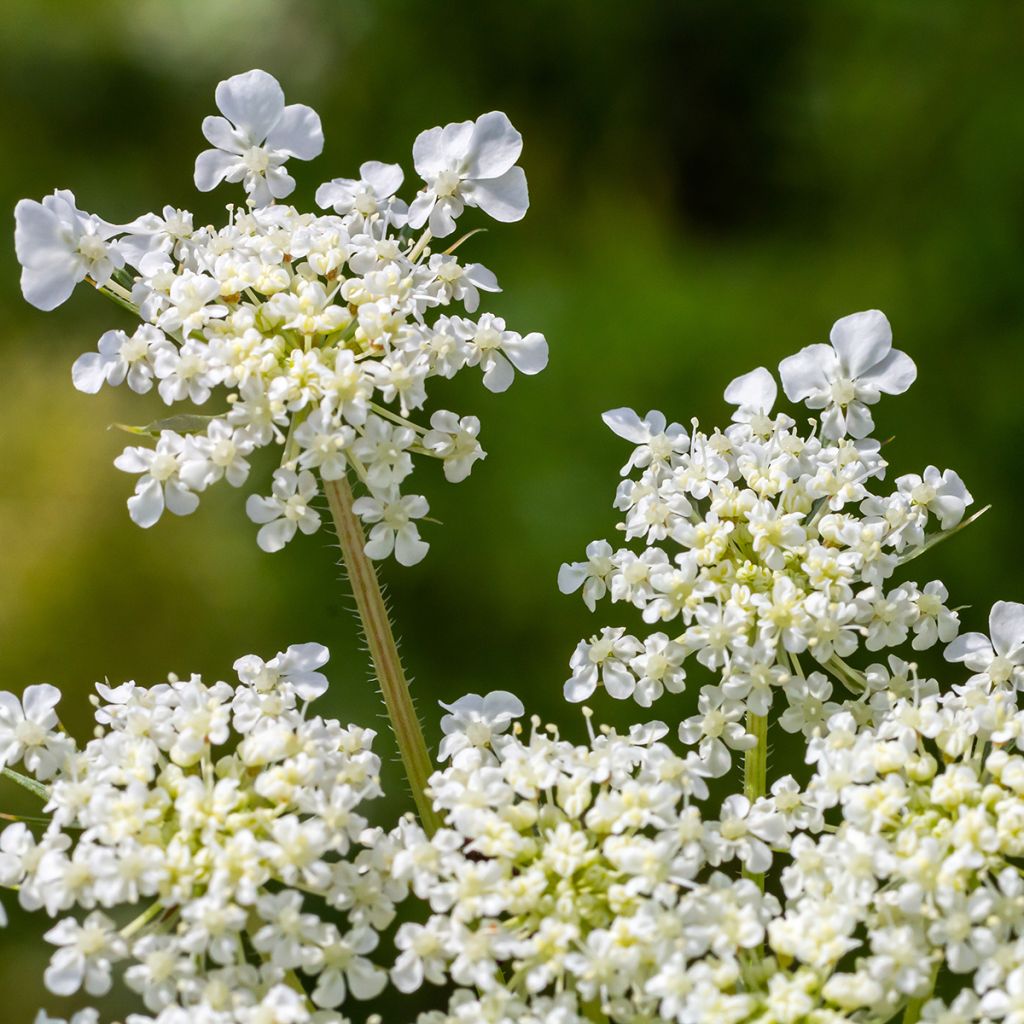

Wild carrot seeds - Daucus carota
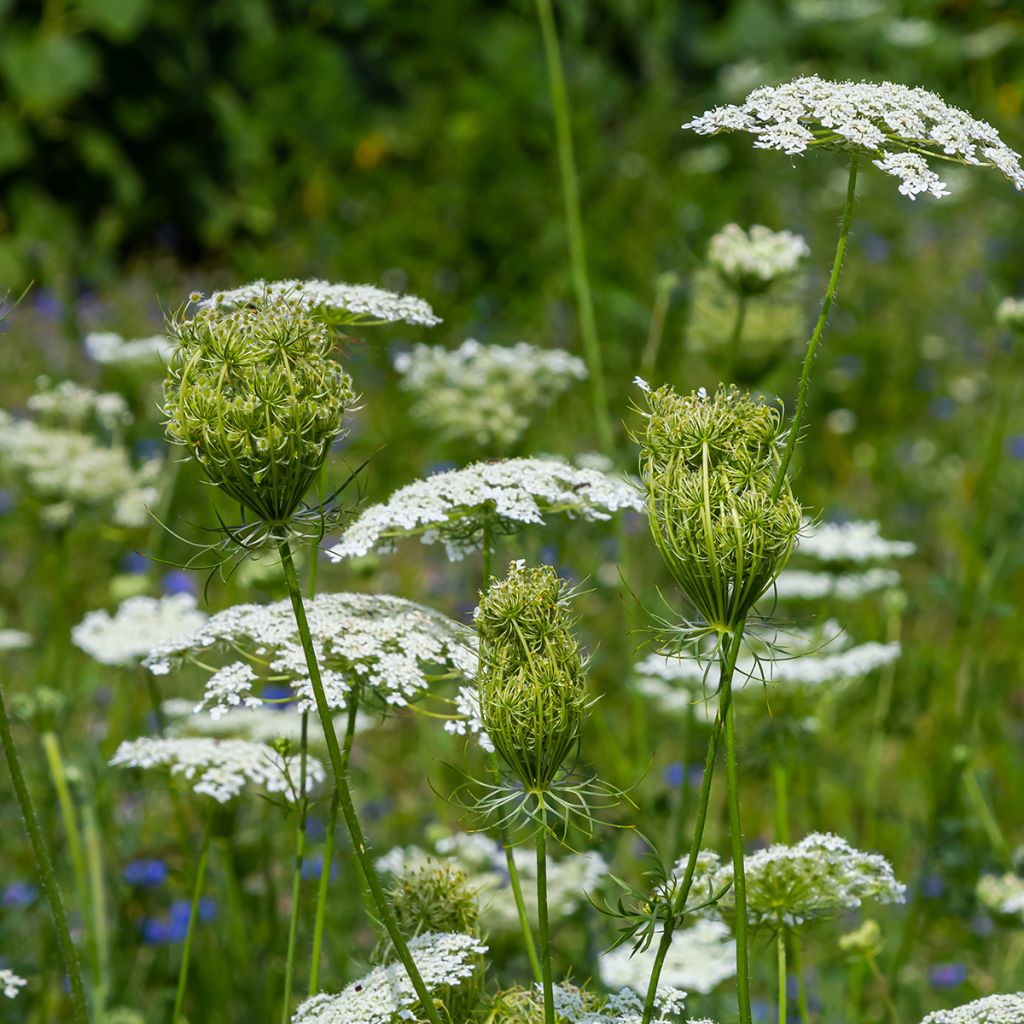

Wild carrot seeds - Daucus carota
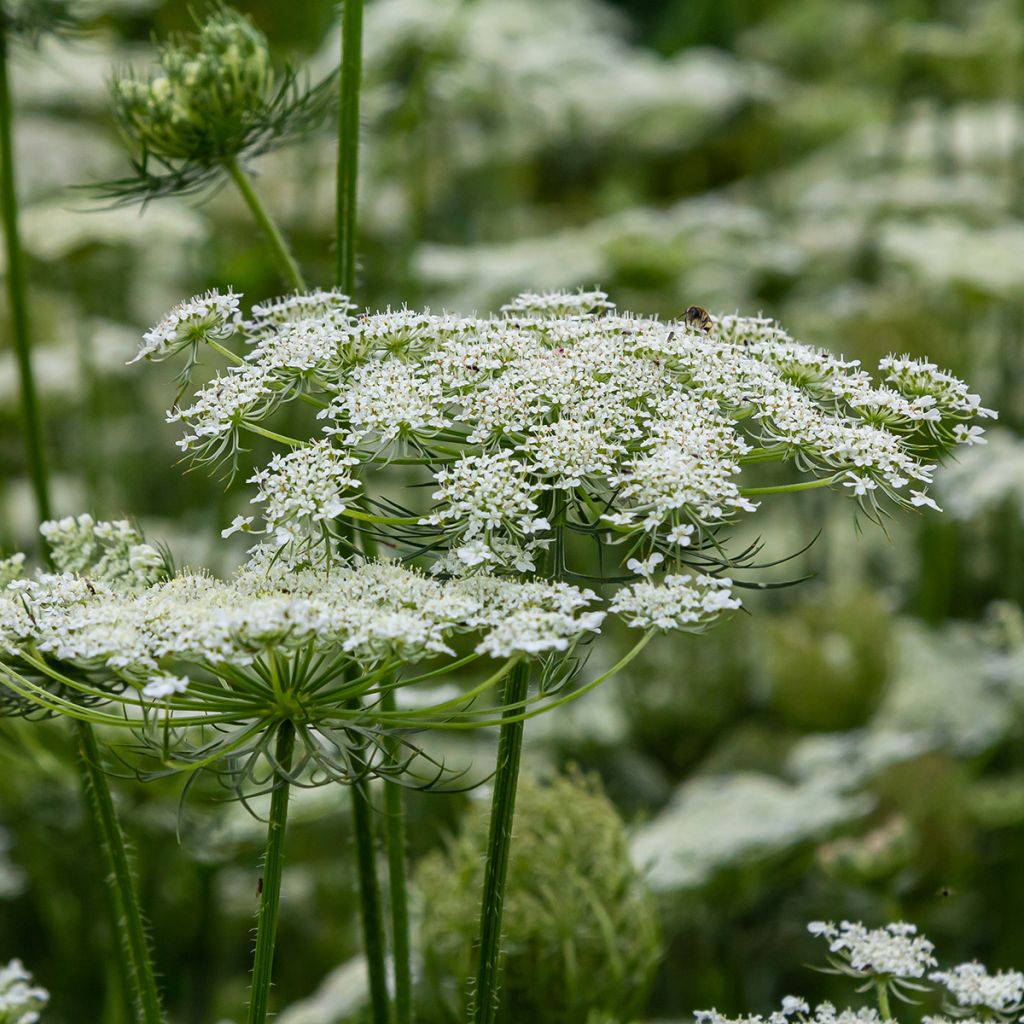

Wild carrot seeds - Daucus carota
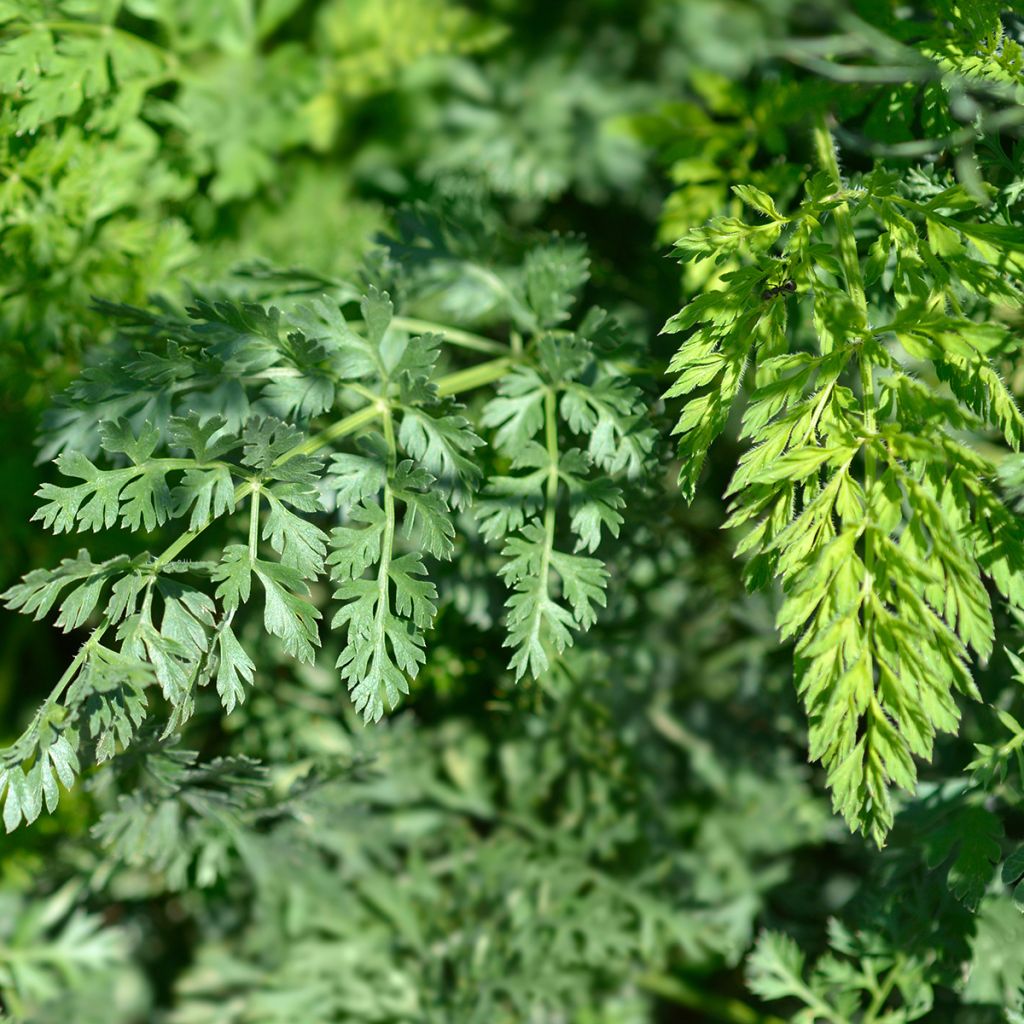

Wild carrot seeds - Daucus carota
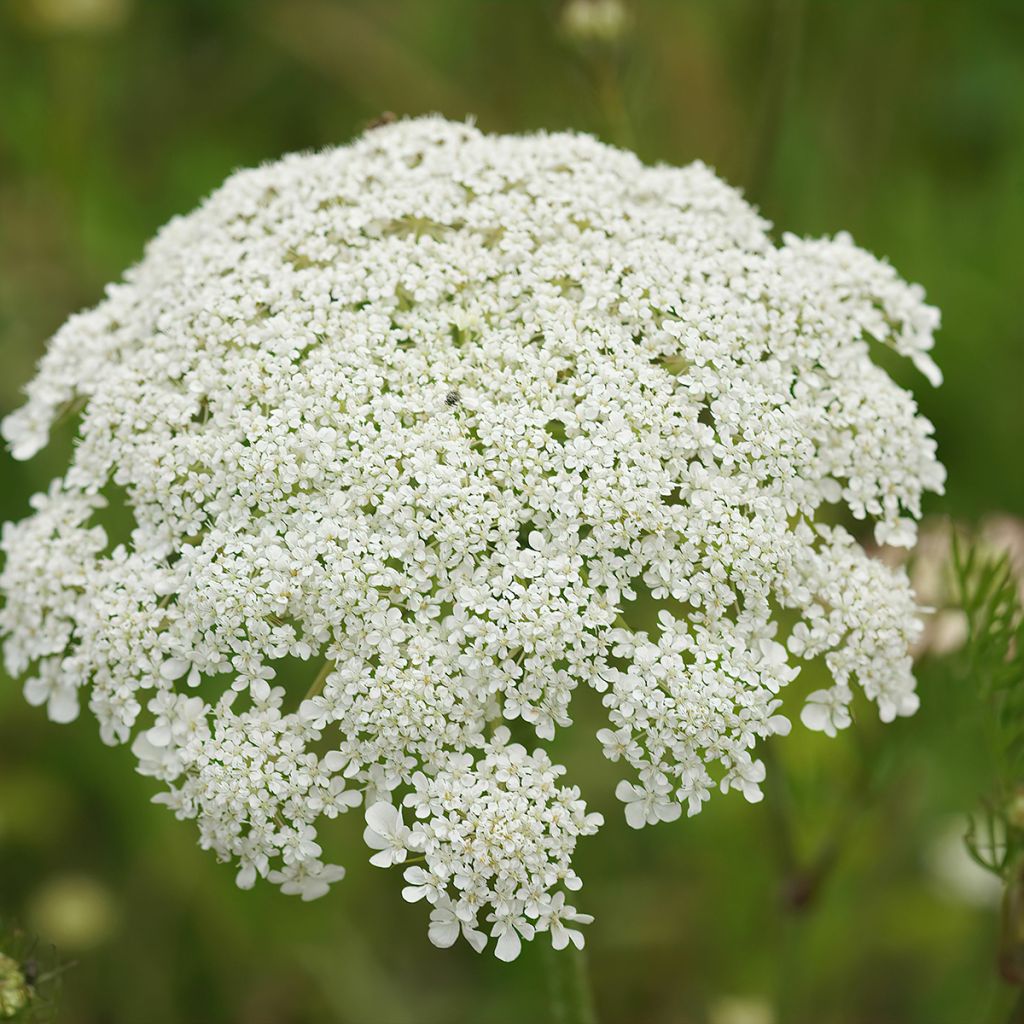

Wild carrot seeds - Daucus carota
Wild carrot seeds - Daucus carota
Daucus carota
Wild Carrot
Special offer!
Receive a €20 voucher for any order over €90 (excluding delivery costs, credit notes, and plastic-free options)!
1- Add your favorite plants to your cart.
2- Once you have reached €90, confirm your order (you can even choose the delivery date!).
3- As soon as your order is shipped, you will receive an email containing your voucher code, valid for 3 months (90 days).
Your voucher is unique and can only be used once, for any order with a minimum value of €20, excluding delivery costs.
Can be combined with other current offers, non-divisible and non-refundable.
Home or relay delivery (depending on size and destination)
Schedule delivery date,
and select date in basket
This plant carries a 6 months recovery warranty
More information
We guarantee the quality of our plants for a full growing cycle, and will replace at our expense any plant that fails to recover under normal climatic and planting conditions.
Would this plant suit my garden?
Set up your Plantfit profile →
Description
Daucus carota is a biennial herbaceous plant that offers a multitude of melliferous white umbels throughout the summer. It will find its place in the vegetable garden to attract pollinating insects, thus improving the productivity of your tomatoes. Its flowers can also be included in your countryside bouquets or used to lighten up your perennial beds. The white root, as well as the young leaves and seeds of this wild carrot are edible. It is easy to cultivate in the sun.
From the Apiaceae family, Daucus carota is the wild ancestor of the cultivated carrot. Originally from Iran, this plant germinates, develops and flowers over two years, and is thus known as a biennial plant. It produces a whitish taproot which is edible, but should be consumed in the first year. Indeed, in the second year, the root becomes more fibrous and its taste more pronounced. It can be stewed or used to flavour a broth. The entire plant has a characteristic carrot smell, which distinguishes it from other umbellifers.
The wild carrot forms a clump that is 30 to 60 cm (12 to 24in) tall. Its leaves are finely divided, resembling lace. When they are young and tender, they can be added to salads, cooked, or preserved in vinegar.
This wild plant blooms in the second year, from June to September, covering itself with white umbels. In their centre there is a sterile purple flower that serves to attract pollinating insects. Its flowers are highly melliferous (honey-producing) and are very popular in natural gardens and vegetable gardens. They can also be used to create lovely wild bouquets.
Following the flowers are violet fruits (diachenes) covered in prickles that contain edible seeds. They are highly aromatic and serve as a condiment, similar to cumin. For example, they can be used to flavour homemade bread.
Report an error about the product description
Wild carrot seeds - Daucus carota in pictures






Flowering
Foliage
Plant habit
Botanical data
Daucus
carota
Apiaceae
Wild Carrot
Cultivar or hybrid
Other Carrot seeds
View all →Planting and care
Sow wild carrot directly in the open ground, as this plant, with its taproot, does not tolerate transplantation. The seeds being very small, they can be mixed with sand or compost to facilitate good dispersal. The location should be very sunny and the soil deep, loose, rich, and moist. Sowing can be done between March and June or in September-October. Germination can take 21 to 27 days.
Sowing period
Intended location
This item has not been reviewed yet - be the first to leave a review about it.
Similar products
Haven't found what you were looking for?
Hardiness is the lowest winter temperature a plant can endure without suffering serious damage or even dying. However, hardiness is affected by location (a sheltered area, such as a patio), protection (winter cover) and soil type (hardiness is improved by well-drained soil).

Photo Sharing Terms & Conditions
In order to encourage gardeners to interact and share their experiences, Promesse de fleurs offers various media enabling content to be uploaded onto its Site - in particular via the ‘Photo sharing’ module.
The User agrees to refrain from:
- Posting any content that is illegal, prejudicial, insulting, racist, inciteful to hatred, revisionist, contrary to public decency, that infringes on privacy or on the privacy rights of third parties, in particular the publicity rights of persons and goods, intellectual property rights, or the right to privacy.
- Submitting content on behalf of a third party;
- Impersonate the identity of a third party and/or publish any personal information about a third party;
In general, the User undertakes to refrain from any unethical behaviour.
All Content (in particular text, comments, files, images, photos, videos, creative works, etc.), which may be subject to property or intellectual property rights, image or other private rights, shall remain the property of the User, subject to the limited rights granted by the terms of the licence granted by Promesse de fleurs as stated below. Users are at liberty to publish or not to publish such Content on the Site, notably via the ‘Photo Sharing’ facility, and accept that this Content shall be made public and freely accessible, notably on the Internet.
Users further acknowledge, undertake to have ,and guarantee that they hold all necessary rights and permissions to publish such material on the Site, in particular with regard to the legislation in force pertaining to any privacy, property, intellectual property, image, or contractual rights, or rights of any other nature. By publishing such Content on the Site, Users acknowledge accepting full liability as publishers of the Content within the meaning of the law, and grant Promesse de fleurs, free of charge, an inclusive, worldwide licence for the said Content for the entire duration of its publication, including all reproduction, representation, up/downloading, displaying, performing, transmission, and storage rights.
Users also grant permission for their name to be linked to the Content and accept that this link may not always be made available.
By engaging in posting material, Users consent to their Content becoming automatically accessible on the Internet, in particular on other sites and/or blogs and/or web pages of the Promesse de fleurs site, including in particular social pages and the Promesse de fleurs catalogue.
Users may secure the removal of entrusted content free of charge by issuing a simple request via our contact form.
The flowering period indicated on our website applies to countries and regions located in USDA zone 8 (France, the United Kingdom, Ireland, the Netherlands, etc.)
It will vary according to where you live:
- In zones 9 to 10 (Italy, Spain, Greece, etc.), flowering will occur about 2 to 4 weeks earlier.
- In zones 6 to 7 (Germany, Poland, Slovenia, and lower mountainous regions), flowering will be delayed by 2 to 3 weeks.
- In zone 5 (Central Europe, Scandinavia), blooming will be delayed by 3 to 5 weeks.
In temperate climates, pruning of spring-flowering shrubs (forsythia, spireas, etc.) should be done just after flowering.
Pruning of summer-flowering shrubs (Indian Lilac, Perovskia, etc.) can be done in winter or spring.
In cold regions as well as with frost-sensitive plants, avoid pruning too early when severe frosts may still occur.
The planting period indicated on our website applies to countries and regions located in USDA zone 8 (France, United Kingdom, Ireland, Netherlands).
It will vary according to where you live:
- In Mediterranean zones (Marseille, Madrid, Milan, etc.), autumn and winter are the best planting periods.
- In continental zones (Strasbourg, Munich, Vienna, etc.), delay planting by 2 to 3 weeks in spring and bring it forward by 2 to 4 weeks in autumn.
- In mountainous regions (the Alps, Pyrenees, Carpathians, etc.), it is best to plant in late spring (May-June) or late summer (August-September).
The harvesting period indicated on our website applies to countries and regions in USDA zone 8 (France, England, Ireland, the Netherlands).
In colder areas (Scandinavia, Poland, Austria...) fruit and vegetable harvests are likely to be delayed by 3-4 weeks.
In warmer areas (Italy, Spain, Greece, etc.), harvesting will probably take place earlier, depending on weather conditions.
The sowing periods indicated on our website apply to countries and regions within USDA Zone 8 (France, UK, Ireland, Netherlands).
In colder areas (Scandinavia, Poland, Austria...), delay any outdoor sowing by 3-4 weeks, or sow under glass.
In warmer climes (Italy, Spain, Greece, etc.), bring outdoor sowing forward by a few weeks.
































